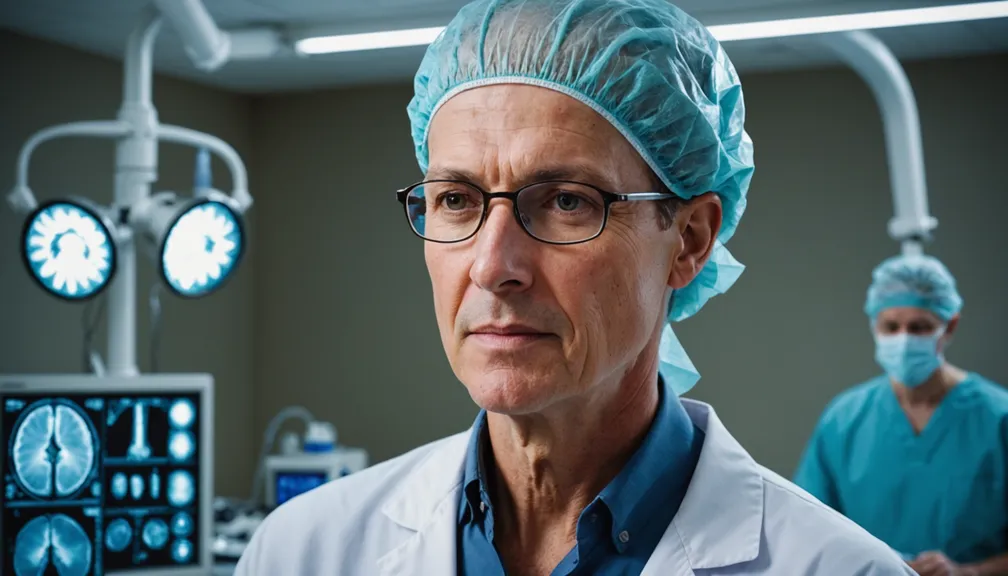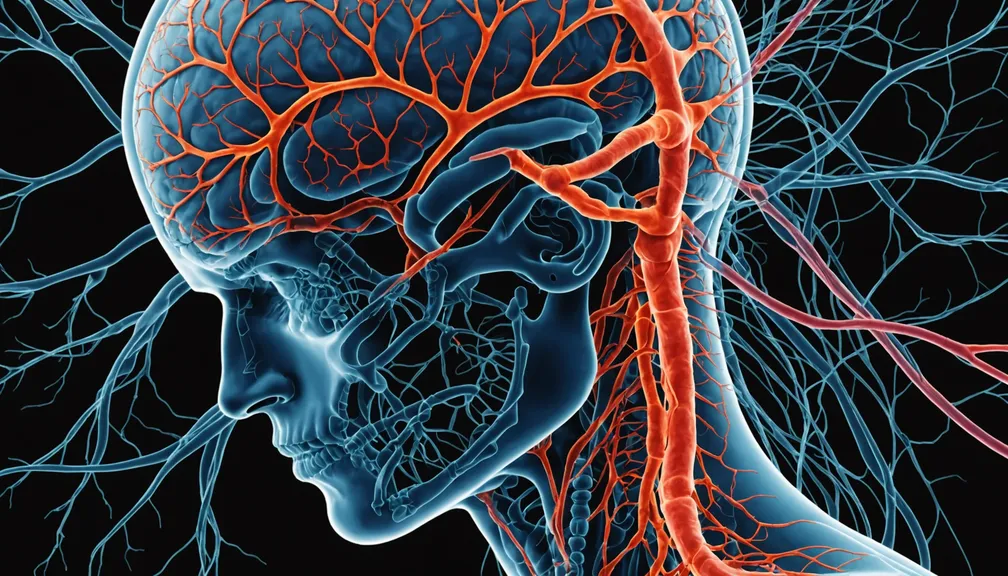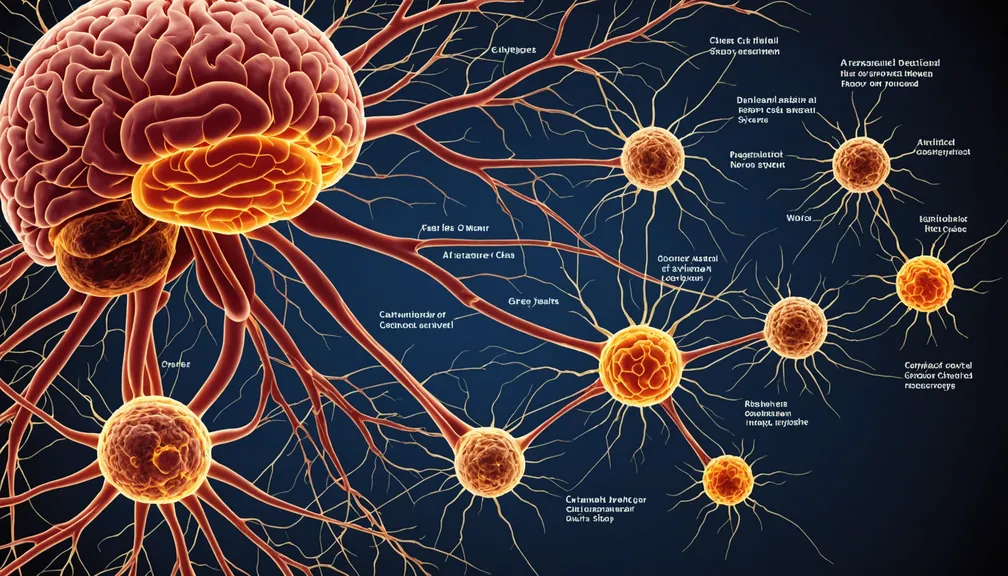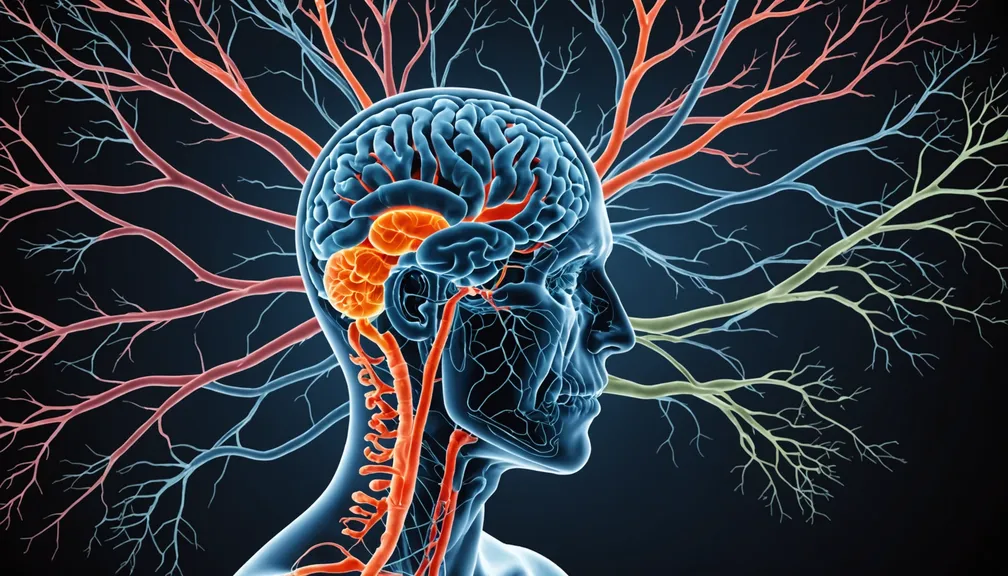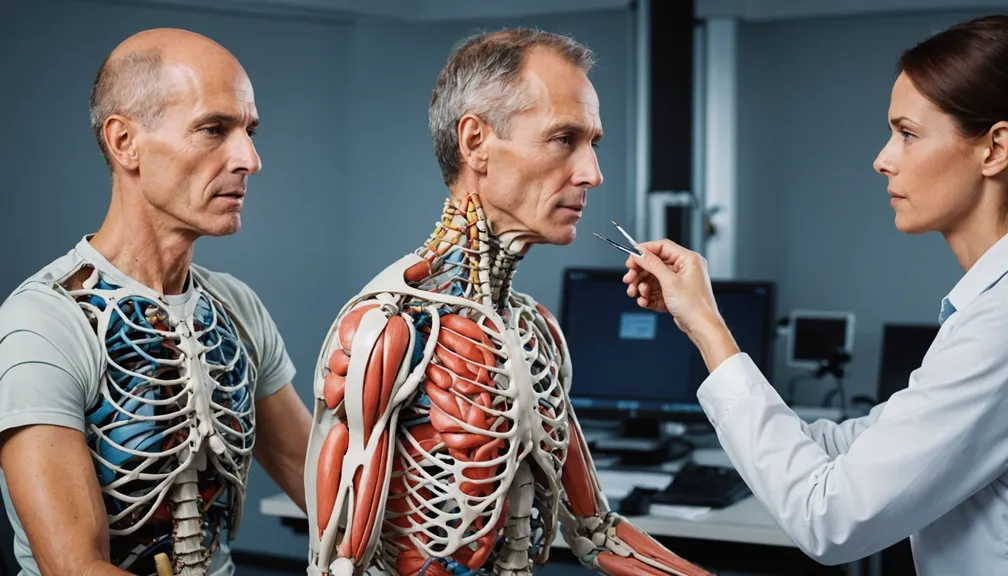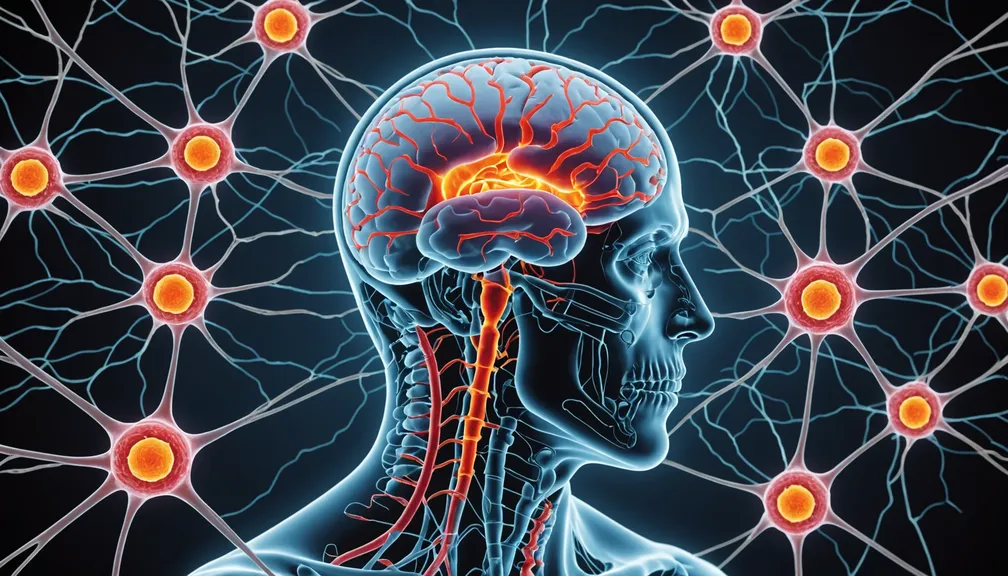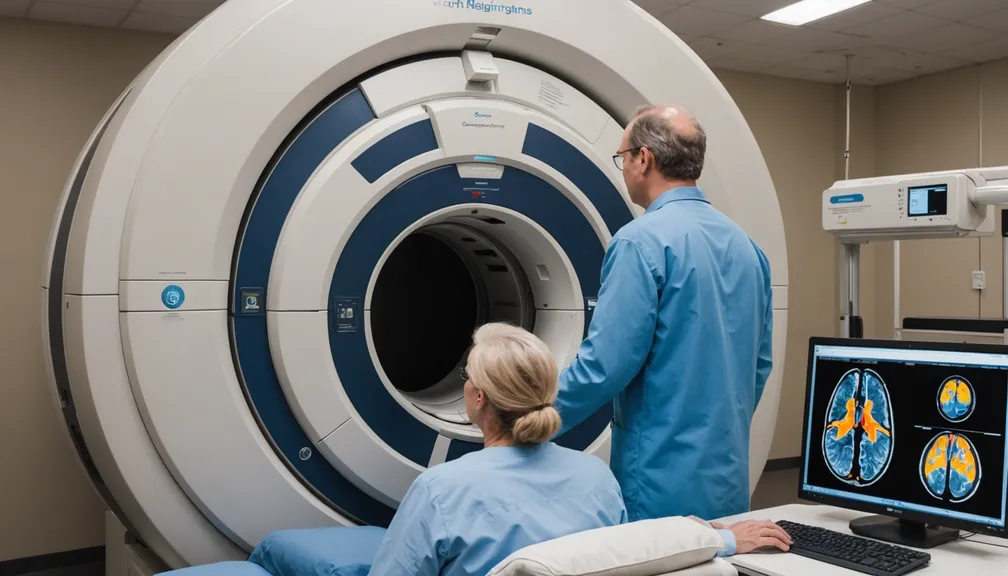Rehabilitation: Physical, Occupational, and Cognitive Therapy
Living with a rare cancer of the nervous system can present unique challenges. Rehabilitation plays a crucial role in helping patients regain strength, independence, and cognitive function. This lesson explores the different types of therapies available and the professionals who support you and your loved ones through this journey.
Physical Therapy
Goals of Physical Therapy
Physical therapy aims to improve mobility, strength, and overall physical function. It helps patients manage symptoms, reduce pain, and enhance their ability to perform daily activities.
Common Physical Challenges
- Muscle Weakness: Tumors or treatment can weaken muscles, making movement difficult.
- Balance Issues: Changes in the nervous system can affect balance and coordination.
- Pain Management: Addressing pain related to the tumor or its treatment.
- Fatigue: Persistent tiredness that limits physical activity.
Exercises and Techniques
- Strength Training: Gentle exercises to build muscle strength.
- Stretching: Enhances flexibility and reduces stiffness.
- Balance Training: Improves stability and reduces the risk of falls.
- Aerobic Activities: Low-impact exercises like walking or cycling to boost endurance.
Occupational Therapy
Goals of Occupational Therapy
Occupational therapy focuses on enhancing the ability to perform daily tasks and improve overall quality of life. It helps patients adapt to their environment and maintain independence.
Daily Living Activities Support
- Self-Care Skills: Assistance with bathing, dressing, and grooming.
- Household Tasks: Strategies for managing cooking, cleaning, and other chores.
- Work and Hobbies: Support in returning to work or engaging in favorite activities.
Adaptive Strategies and Tools
- Assistive Devices: Tools like grab bars, specialized utensils, or wheelchairs to facilitate daily activities.
- Environmental Modifications: Adjustments to the home or workspace to enhance safety and accessibility.
- Energy Conservation Techniques: Methods to manage fatigue and optimize energy use throughout the day.
Cognitive Therapy
Goals of Cognitive Therapy
Cognitive therapy aims to improve mental functions such as memory, attention, and problem-solving. It helps patients cope with cognitive changes resulting from the tumor or its treatment.
Cognitive Challenges and Symptoms
- Memory Loss: Difficulty remembering information or events.
- Attention Deficits: Trouble focusing or sustaining concentration.
- Executive Function Issues: Challenges with planning, organizing, and decision-making.
Techniques to Improve Cognitive Function
- Memory Aids: Use of calendars, notebooks, and electronic devices to assist with memory.
- Mental Exercises: Puzzles, reading, and other activities to stimulate the brain.
- Mindfulness and Relaxation: Techniques to reduce stress and improve mental clarity.
Multidisciplinary Team
A comprehensive rehabilitation plan involves a team of healthcare professionals working together to support the patient's recovery and well-being.
Types of Doctors and Health Professionals
- Neurologist: Specializes in disorders of the nervous system.
- Physical Therapist: Focuses on improving physical mobility and strength.
- Occupational Therapist: Assists with daily living activities and independence.
- Cognitive Therapist: Works on enhancing cognitive functions and coping strategies.
- Rehabilitation Nurse: Provides ongoing care and support throughout the rehabilitation process.
- Psychologist or Counselor: Offers emotional support and mental health care.
- Social Worker: Helps navigate healthcare services, financial assistance, and community resources.
Things to Avoid
- Ignoring Symptoms: Do not disregard new or worsening symptoms. Always communicate changes to your healthcare team.
- Overexertion: Avoid pushing yourself too hard during therapy. It's important to progress at a comfortable and safe pace.
- Skipping Therapy Sessions: Consistency is key to effective rehabilitation. Attend all scheduled therapy sessions.
- Neglecting Mental Health: Emotional well-being is as important as physical health. Seek support when needed.
- Using Unapproved Assistive Devices: Always consult with your therapist before using new tools or devices to ensure they are appropriate and safe.
Rehabilitation is a vital component of managing rare cancers of the nervous system. By engaging in physical, occupational, and cognitive therapies, patients can enhance their quality of life and regain independence. Collaborating with a dedicated healthcare team ensures comprehensive support tailored to each individual's needs.
